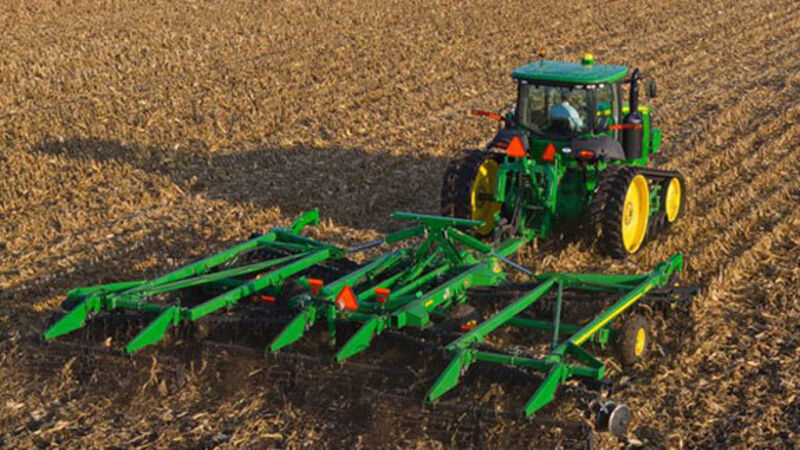Tillage farms also hit by bad weather

Tillage farmers hit by the bad weather welcomed yesterday’s EU Commission decision to grant them a 2018 derogation on the crop diversification requirement.
IFA said this will give growers the required flexibility to maximise their acreage of arable crops.













